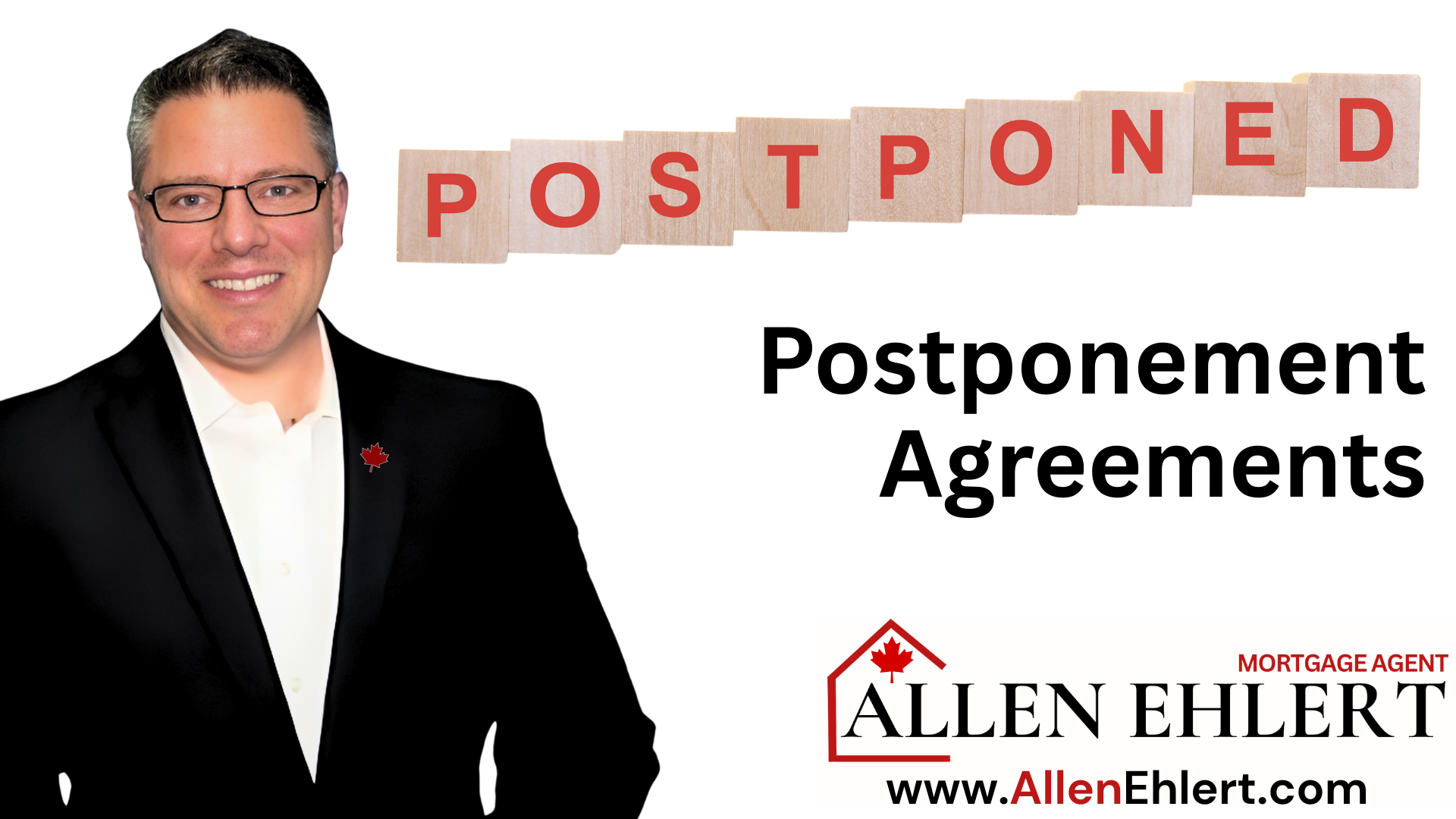Navigating the landscape of reverse mortgages in Canada requires a nuanced understanding of the offerings available. Four prominent players—HomeEquity Bank, Equitable Bank, Bloom Finance, and Fraction—each present unique solutions tailored to diverse homeowner needs. Allow me to delve into the strengths, weaknesses, and ideal scenarios for each, highlighting distinctive features that set them apart.
HomeEquity Bank – CHIP Reverse Mortgage
Equitable Bank – Reverse Mortgage Suite
Bloom Finance – Modern Reverse Mortgage Solutions
Fraction – Innovative Home Equity Sharing
HomeEquity Bank – CHIP Reverse Mortgage
HomeEquity Bank’s CHIP Reverse Mortgage is a longstanding option for Canadians aged 55 and older, allowing them to access up to 55% of their home’s value in tax-free cash without the need to sell or move.
Strengths:
- Established Trust: Over 30 years in the industry, providing stability and reliability.
- No Monthly Payments: Repayment occurs only when the home is sold or the homeowner moves out.
- Tax-Free Funds: Access to funds without affecting taxable income or government benefits.
Weaknesses:
- Interest Rates: Tend to be higher compared to traditional mortgages.
- Prepayment Penalties: Early repayment can incur penalties, especially within the first five years.
Ideal Scenario: A retiree seeking to supplement their income without monthly obligations, wishing to remain in their home long-term.
Unique Feature: The CHIP Reverse Mortgage is Canada’s oldest and most widely-used reverse mortgage product, reflecting its longstanding presence in the market
Equitable Bank – Reverse Mortgage Suite
Equitable Bank offers a suite of reverse mortgage products—Flex, Flex Plus, and Flex Lite—catering to homeowners aged 55 and older, with options to access up to 59% of their home’s value.
Strengths:
- Flexible Options: Multiple products to suit varying needs and preferences.
- Higher Loan-to-Value: Potential to access a larger portion of home equity compared to some competitors.
- Transparent Prepayment Terms: Clear guidelines on prepayment charges, decreasing over time.
Weaknesses:
- Eligibility Criteria: Minimum home value requirement of $250,000 may exclude some homeowners.
- Geographical Limitations: Availability may be restricted to certain provinces.
Ideal Scenario: A homeowner seeking a tailored reverse mortgage solution with the flexibility to choose terms that align with their financial goals.
Unique Feature: Equitable Bank’s suite includes the Flex Plus option, allowing borrowers to access up to 59% of their home’s value, which is among the highest in the industry.
Bloom Finance – Modern Reverse Mortgage Solutions
Bloom Finance provides reverse mortgages to Canadian homeowners aged 55 and older, offering up to 55% of the home’s value with a focus on simplicity and borrower control.
Strengths:
- User-Friendly Process: Streamlined application with a digital-first approach.
- Flexible Payment Options: Borrowers can choose to make interest payments or defer them.
- Lower Entry Point: Minimum home value requirement of $100,000, making it accessible to more homeowners.
Weaknesses:
- Newer Market Presence: Less established than some competitors, which may influence trust for some borrowers.
- Limited Product Range: Fewer options compared to banks with broader mortgage suites.
Ideal Scenario: A tech-savvy retiree looking for a straightforward, flexible reverse mortgage with the convenience of online management.
Unique Feature: Bloom offers a prepaid Mastercard linked to the reverse mortgage, providing immediate access to funds for everyday expenses.
Fraction – Innovative Home Equity Sharing
Fraction offers a unique approach by providing homeowners with access to up to 44% of their home’s equity without monthly payments, and without the age restrictions typical of traditional reverse mortgages.
Strengths:
- No Age Restriction: Available to homeowners of all ages, broadening accessibility.
- Flexible Repayment: No monthly payments and no prepayment penalties, offering financial freedom.
- Shared Appreciation Model: Repayment is tied to the home’s value, aligning interests between borrower and lender.
Weaknesses:
- Equity Sharing: Borrowers share a portion of their home’s appreciation with Fraction upon repayment.
- Complexity: The shared appreciation model may be less straightforward than traditional loan structures.
Ideal Scenario: A homeowner seeking to access home equity without monthly payments or age constraints, and who is comfortable with a shared appreciation agreement.
Unique Feature: Fraction’s model allows homeowners to access equity without monthly payments and without age restrictions, distinguishing it from traditional reverse mortgage products.
My Thoughts
Reverse mortgages in Canada represent a sophisticated financial tool that can greatly enhance the quality of life for retirees by unlocking their home’s equity, yet their complexity demands thoughtful consideration and expert guidance.
While this overview provides a valuable introduction to the offerings from HomeEquity Bank, Equitable Bank, Bloom Finance, and Fraction, there are numerous additional nuances—such as varying interest rates, fees, repayment conditions, and eligibility criteria—that homeowners must thoroughly understand. Each product has distinct implications for estate planning, taxation, and long-term financial security. Therefore, consulting with a myself, a licensed mortgage professional who specializes in reverse mortgages is crucial to navigate these intricacies effectively and ensure you select a product that aligns precisely with your personal and financial objectives.
Each of these lenders offers distinct advantages tailored to different homeowner needs. HomeEquity Bank provides a time-tested solution for seniors seeking stability; Equitable Bank offers flexible options with higher loan-to-value potential; Bloom Finance brings a modern, user-friendly approach; and Fraction introduces an innovative model accessible to a broader demographic.
Contact me for a careful consideration of your individual financial goals and circumstances so we can discuss the options that best suits your retirement and financial planning needs.












